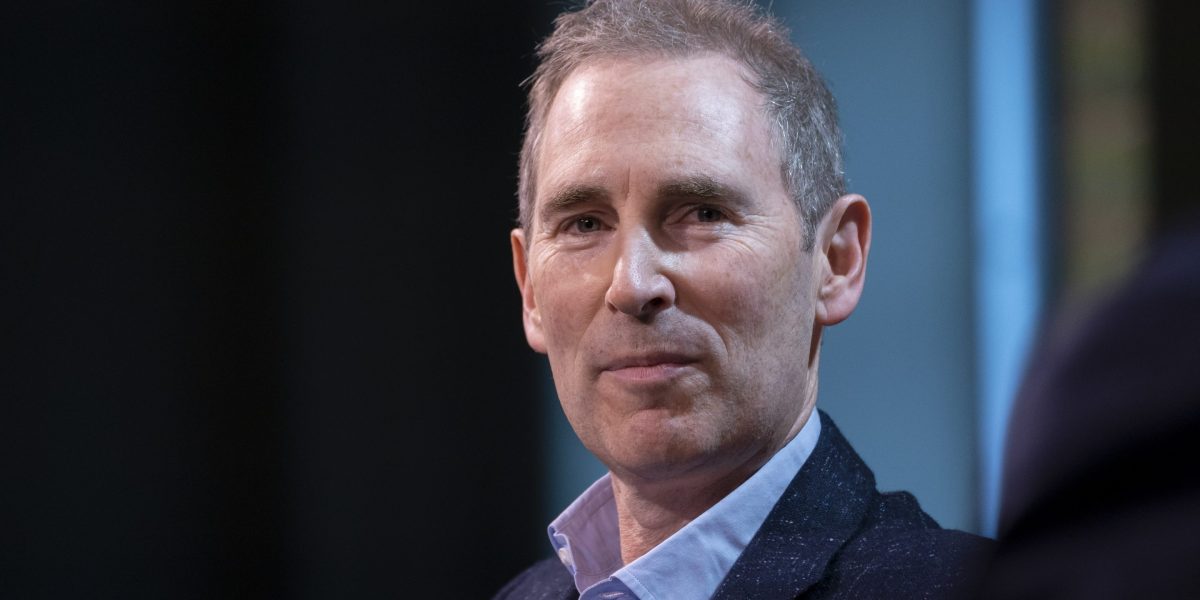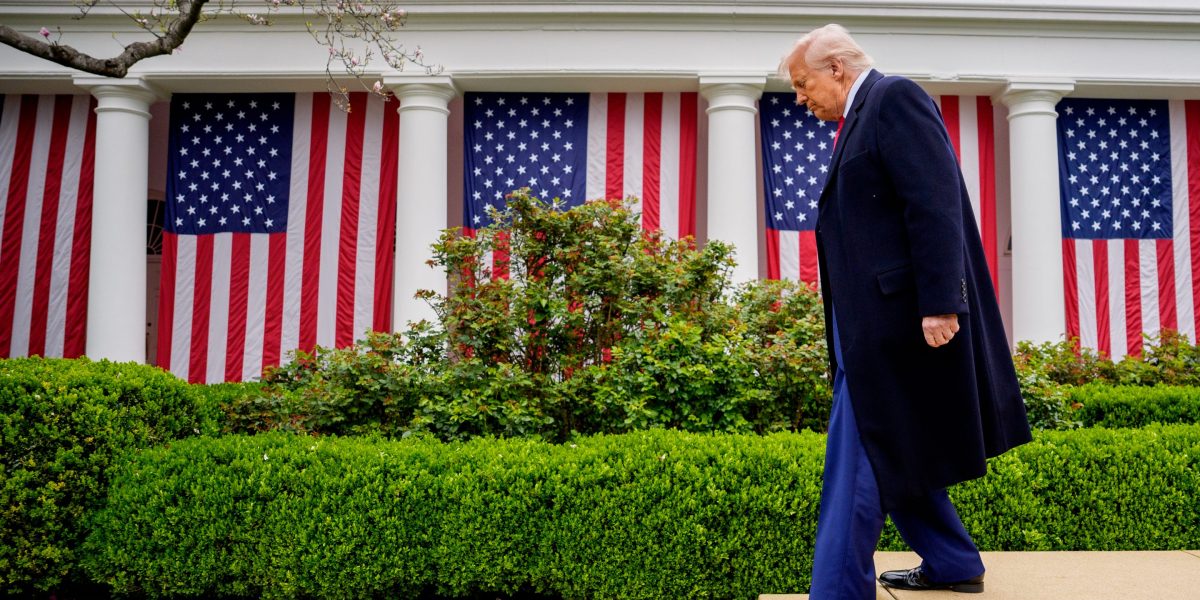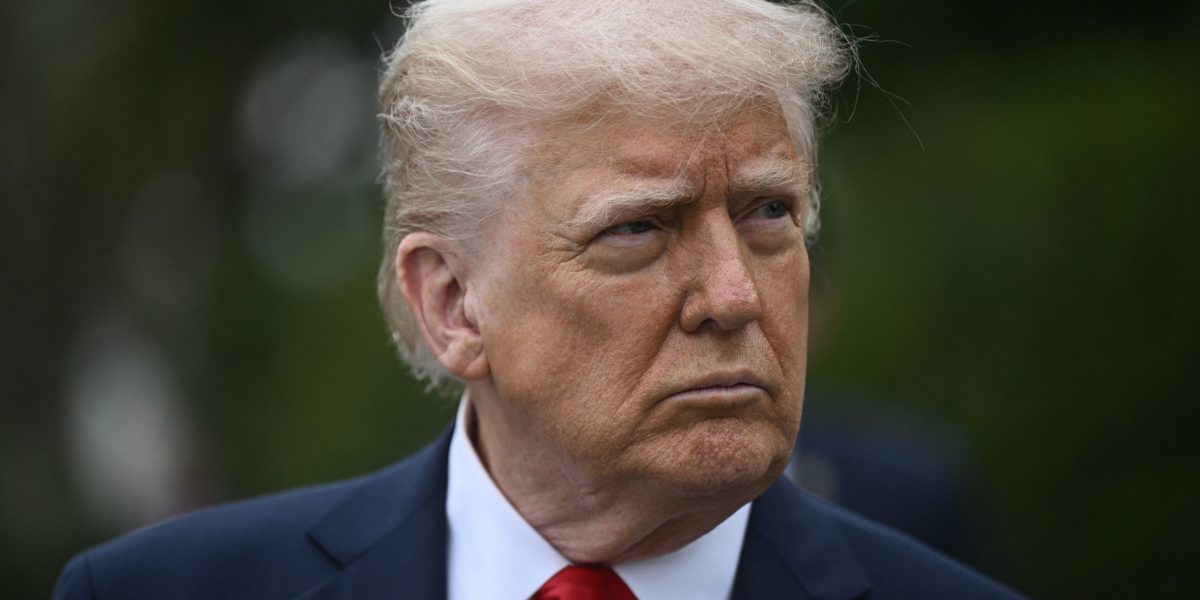- Despite early White House signals suggesting a trade deal with Japan was imminent, negotiations in Washington, D.C., ended without an agreement, highlighting Japan’s ongoing concerns and reluctance to concede ahead of domestic elections. Conflicting messages from U.S. officials and resistance from global partners like China suggest bilateral trade talks will be protracted, casting doubt on President Trump’s ambitious “90 deals in 90 days” goal.
During the weeks leading up to a visit from Japan’s chief trade negotiator, the White House dropped hints it was closing in on a deal.
Indeed, speculation was rife that the visitor from Tokyo might even secure the “first mover” advantage touted by Treasury Secretary Scott Bessent: winning advantageous terms as the country quickest to agree to a deal with the Trump administration.
And yet Ryosei Akazawa, Japan‘s economic revitalization minister, has gone home without an agreement in place—telling local media he had urged the Americans to reconsider their “extremely regrettable” action.
Moreover, Japan’s prime minister said only yesterday he still has “grave concerns” about some of the policies announced by the Oval Office.
Additionally, when Bessent meets with Japanese Finance Minister Katsunobu Kato in Washington, D.C., this week, the topic of boosting the yen is set to come up for discussion. The request is likely to be denied, sources told Reuters.
At odds with White House message
Such resistance from Tokyo is at odds with the message coming out of the White House, with President Trump saying “big progress” has been made in talks with Japan.
Likewise Commerce Secretary Howard Lutnick said Trump was “totally in the driver’s seat” when it came to tariff negotiations, and that meetings with more than 75 countries trying to cut a deal were “back to back.”
The conflicting messages are leading analysts to wonder how realistic Trump’s “90 deals in 90 days” pledge will prove to be.
Investors are losing confidence in the U.S. dollar this week precisely because of this fear, wrote Thierry Wizman and Gareth Berry, rates strategists at Macquarie, in a note seen by Fortune.
“Many observers, including ourselves, had pointed to Japan as an early test case for an early deal,” the duo said. “And yet, the bilateral negotiations between the U.S. and Japan ended without the contours of a deal in place late last week.
“It is not clear which issues remain as stumbling blocks—it could be the U.S.’s demands for access to Japan’s agricultural markets, [Japanese yen] revaluation, higher military spending in Japan, or purchases of U.S. LNG [liquefied natural gas], etc.”
A long and drawn out process
And while America, the world’s largest economy, might be squeezing its allies toward a deal, there are other pressures shaping the global response to Trump’s administration.
Notably, China warned yesterday that any countries working against its interests would be punished.
The U.S. is doing precisely that, having ramped up a series of tariffs on China to the point of a 145% hike on imports from the nation. To sign a deal with the U.S., therefore, could put any nation at the mercy of retaliation from Beijing.
“China firmly opposes any party reaching a deal at the expense of China’s interests,” a Chinese Commerce Ministry spokesperson said yesterday. “If this happens, China will never accept it and will resolutely take countermeasures.”
Likewise the Macquarie analysts cite internal pressures on political leaders as a reason not to sign on the dotted line.
“What’s made matters worse is that Japan’s prime minister … is facing upper house elections on July 20 (notably, after the end of the 90-day tariff reprieve). That may be forcing him to avoid seeming conciliatory to the U.S., until the elections are over,” the analysts added.
“In any case, the events surrounding the U.S.-Japan negotiations late last week suggest that there will be at the very least a lengthy period of bilateral negotiations between the U.S. and all of its bilateral partners that may stretch into July, extending the uncertainty about the sides’ willingness to make bilateral concessions.”
Investors might have been naively optimistic that the behemoth work needed to reach a deal would happen almost overnight. Now, Berry and Wizman say, markets may be wiser to settle in for the long haul: “The U.S.’s trading partners may try to run the clock out on Trump, thinking that concessions from the U.S. will be easier to come by as a U.S. slowdown deepens. The process, we expect, will be long and drawn out.”
This story was originally featured on Fortune.com
Source link


 Politics8 years ago
Politics8 years ago
 Entertainment8 years ago
Entertainment8 years ago
 Entertainment8 years ago
Entertainment8 years ago
 Entertainment8 years ago
Entertainment8 years ago
 Tech8 years ago
Tech8 years ago
 Tech8 years ago
Tech8 years ago
 Tech8 years ago
Tech8 years ago
 Politics8 years ago
Politics8 years ago






